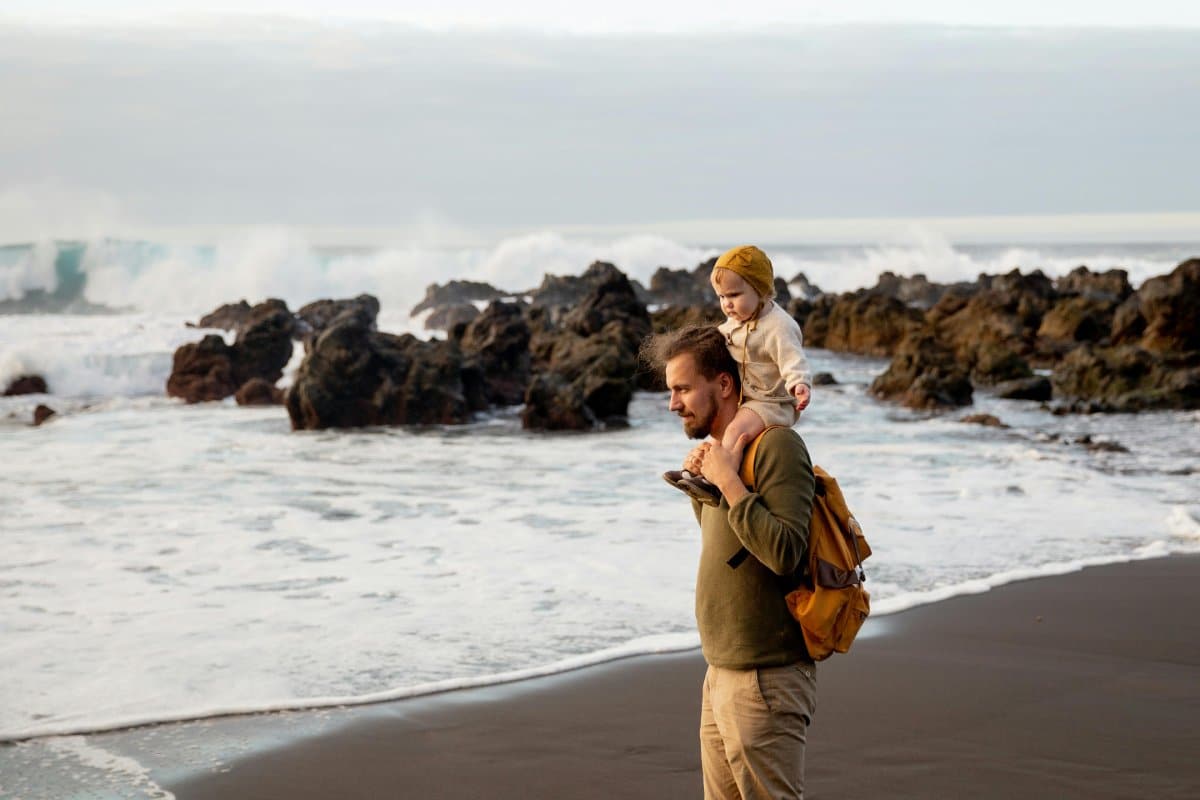Brace yourselves, because it’s time to arm the next generation with the ultimate survival kit—not for the zombie apocalypse, but for something far more real: saving our planet. Let’s roll up our sleeves and instill habits, values, and knowledge in our kids that’ll make Mother Nature proud.
1. Respect All Life

Teach them that every bug, bird, and blade of grass has its place in our world. Understanding the value of biodiversity is the first step in fostering a deep respect for the environment.
2. The Power of Plants

Get those little hands dirty with gardening. It’s not just about growing food; it’s about understanding the cycle of life and our place within it.
3. Reduce, Reuse, Recycle

The three Rs aren’t just a catchy phrase; they’re a lifestyle. Make sorting waste and finding new uses for old items a fun family challenge.
4. Water Wisdom

Let’s turn off the tap while brushing those tiny teeth. Instilling the value of water conservation early can ripple into a sea of change.
5. Energy Enlightenment

Switch off lights in empty rooms and unplug unused chargers. Teaching kids about energy conservation helps them understand the impact of their actions on the planet.
6. Love for Local

Choose local produce and products. It’s a lesson in supporting local economies and reducing carbon footprints from transportation.
7. The Beauty of Biking

Swap car rides for bike rides whenever possible. It’s great exercise and an excellent way to reduce carbon emissions.
8. Wildlife Wonders

Foster a fascination with wildlife. Understanding and appreciating the creatures we share this planet with can inspire a lifelong commitment to their protection.
9. Thrift Shopping

Introduce them to the joy of thrift shopping. It’s not just economical; it’s eco-friendly, reducing waste and the demand for new resources.
10. Digital Detox

Encourage breaks from electronic devices to explore the outdoors. It nurtures a love for nature and reduces energy consumption.
11. Composting

Turn kitchen scraps into garden gold. Composting teaches kids about decomposition and how waste can be turned into something beneficial.
12. Sustainable Seafood

Educate them on the importance of choosing sustainable seafood to help protect ocean life.
13. The Art of Upcycling

Transform old items into art or new products. It’s a creative way to reduce waste and think innovatively about resources.
14. Public Transport Prodigies

Make adventures on buses and trains a thrilling quest. It’s a practical way to teach about reducing our carbon footprint.
15. Plant-Based Power

Incorporate more plant-based meals into their diet. It’s healthier for them and the planet.
16. The Impact of Plastic

Show them the consequences of plastic pollution and inspire them to choose alternatives to single-use plastics.
17. Energy From the Sun

Introduce the concept of solar energy through simple solar-powered gadgets. It’s a bright way to teach about renewable energy.
18. Conservation Conversations

Talk about climate change and conservation in age-appropriate ways. Open dialogues help kids understand the challenges and think critically about solutions.
19. The Joy of Joining In

Participate in community clean-ups or tree planting days. It’s a hands-on way to contribute to local and global efforts.
20. Advocacy

Encourage them to speak up for the planet, whether in school projects or community discussions. Every voice matters.
21. Gratitude for Nature

Instill a sense of gratitude for the natural world. Simple moments of appreciation can foster a lifelong commitment to protecting our beautiful planet.
Planet Protectors

Empower and Inspire! By teaching our children these fundamental practices and principles, we’re not just preparing them for the future; we’re shaping future leaders who’ll cherish and protect our planet. Let’s pave the way for a greener, brighter world—one child at a time.
The post 21 Key Lessons for Children to Protect Our Planet first appeared on Lists Lovers.
Featured Image Credit: Pexels / Tatiana Syrikova.
For transparency, this content was partly developed with AI assistance and carefully curated by an experienced editor to be informative and ensure accuracy.

